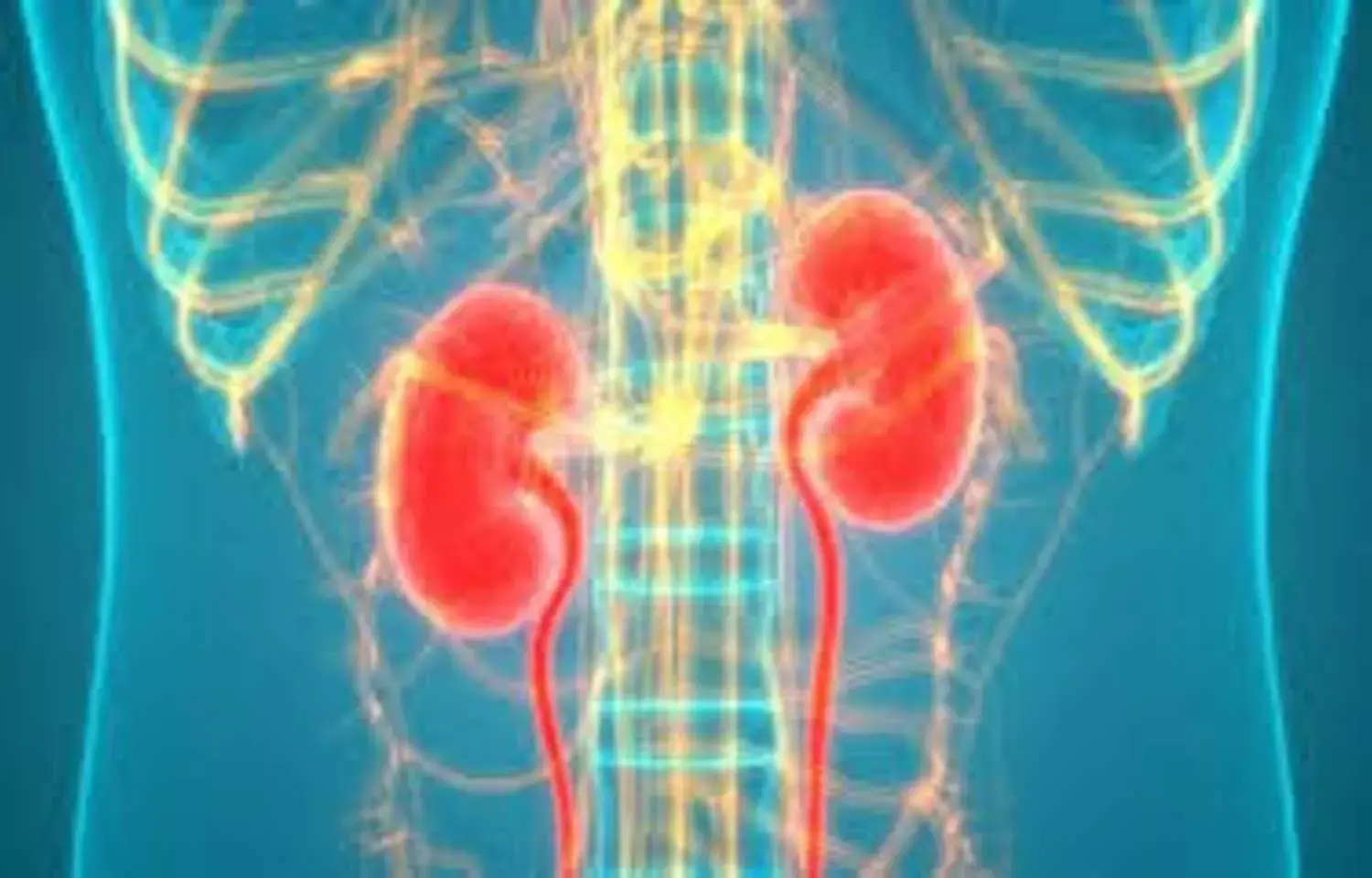- Home
- Medical news & Guidelines
- Anesthesiology
- Cardiology and CTVS
- Critical Care
- Dentistry
- Dermatology
- Diabetes and Endocrinology
- ENT
- Gastroenterology
- Medicine
- Nephrology
- Neurology
- Obstretics-Gynaecology
- Oncology
- Ophthalmology
- Orthopaedics
- Pediatrics-Neonatology
- Psychiatry
- Pulmonology
- Radiology
- Surgery
- Urology
- Laboratory Medicine
- Diet
- Nursing
- Paramedical
- Physiotherapy
- Health news
- Fact Check
- Bone Health Fact Check
- Brain Health Fact Check
- Cancer Related Fact Check
- Child Care Fact Check
- Dental and oral health fact check
- Diabetes and metabolic health fact check
- Diet and Nutrition Fact Check
- Eye and ENT Care Fact Check
- Fitness fact check
- Gut health fact check
- Heart health fact check
- Kidney health fact check
- Medical education fact check
- Men's health fact check
- Respiratory fact check
- Skin and hair care fact check
- Vaccine and Immunization fact check
- Women's health fact check
- AYUSH
- State News
- Andaman and Nicobar Islands
- Andhra Pradesh
- Arunachal Pradesh
- Assam
- Bihar
- Chandigarh
- Chattisgarh
- Dadra and Nagar Haveli
- Daman and Diu
- Delhi
- Goa
- Gujarat
- Haryana
- Himachal Pradesh
- Jammu & Kashmir
- Jharkhand
- Karnataka
- Kerala
- Ladakh
- Lakshadweep
- Madhya Pradesh
- Maharashtra
- Manipur
- Meghalaya
- Mizoram
- Nagaland
- Odisha
- Puducherry
- Punjab
- Rajasthan
- Sikkim
- Tamil Nadu
- Telangana
- Tripura
- Uttar Pradesh
- Uttrakhand
- West Bengal
- Medical Education
- Industry
Skipping breakfast and late dinner tied to chronic kidney disease: Study

Kanazawa, Japan - The relationship between dietary habits and the occurrence of chronic kidney disease (CKD) is unclear.
Researchers at Kanazawa University have found in a retrospective cohort study that skipping breakfast and late dinner might be associated with a higher risk of proteinuria which is a key prognostic factor of Chronic Kidney Disease.
Chronic Kidney Disease is defined as either a structural and/or functional abnormality of the kidney or a reduced glomerular filtration. CKD is a risk factor for end-stage renal disease and cardiovascular disease, which is a major health problem in several countries. The most common causes of CKD are diabetes, high blood pressure and obesity. Although these diseases can be treated individually with drug treatment, in recent years, treatment with behavior change such as diet and exercise have attracted attention.
"CKD is associated with a higher risk of cardiovascular-related death," says corresponding author of the study Professor Takashi Wada. "It is therefore important to understand what behavior may facilitate the development of this deadly disease. The goal of our study was to investigate the relationship between dietary habits and CKD."
The researchers focused on proteinuria which is a key prognostic factor of CKD. Proteinuria is generally defined as dipstick urinary protein excretion ?1+ . Proteinuria is an early sign of kidney disease. Therefore, preventing its occurrence is important for our health. The researchers planed a study using the questionnaire used in annual medical check-ups with the cooperation of the Kanazawa Medical Association.
The researchers conducted a retrospective study, in which they investigated over 26,000 patients aged >40 years who underwent annual medical check-ups in Kanazawa between 1998 and 2014. Unhealthy dietary habits were defined as follows: late dinner (eating dinner within 2 h of going to bed at a frequency of three or more times a week); skipping breakfast (three or more times a week); quick eating (eating faster than people of the same age group); and late evening snack (eating snacks after dinner three or more times a week).
Quick eating (29%) was the most common unhealthy dietary habit in the whole patient population, followed by late dinner (19%), late evening snack (16%), and skipping breakfast (9%). During an average follow-up period of over 3 years, 10% of patients developed proteinuria. Of these dietary habits, skipping breakfast and late dinner were associated with an increased risk of developing proteinuria. Surprisingly, unhealthy dietary habits were not associated with changes in body weight.
"This result indicates that unhealthy dietary habits might be associated with risk factor for Chronic Kidney Disease irrespective of changes in body weight. Our findings are of behavioral changes to prevent the development of CKD. It may help develop new approaches to this, "says Professor Wada.
For further reference log on to:
Dr Kamal Kant Kohli-MBBS, DTCD- a chest specialist with more than 30 years of practice and a flair for writing clinical articles, Dr Kamal Kant Kohli joined Medical Dialogues as a Chief Editor of Medical News. Besides writing articles, as an editor, he proofreads and verifies all the medical content published on Medical Dialogues including those coming from journals, studies,medical conferences,guidelines etc. Email: drkohli@medicaldialogues.in. Contact no. 011-43720751


